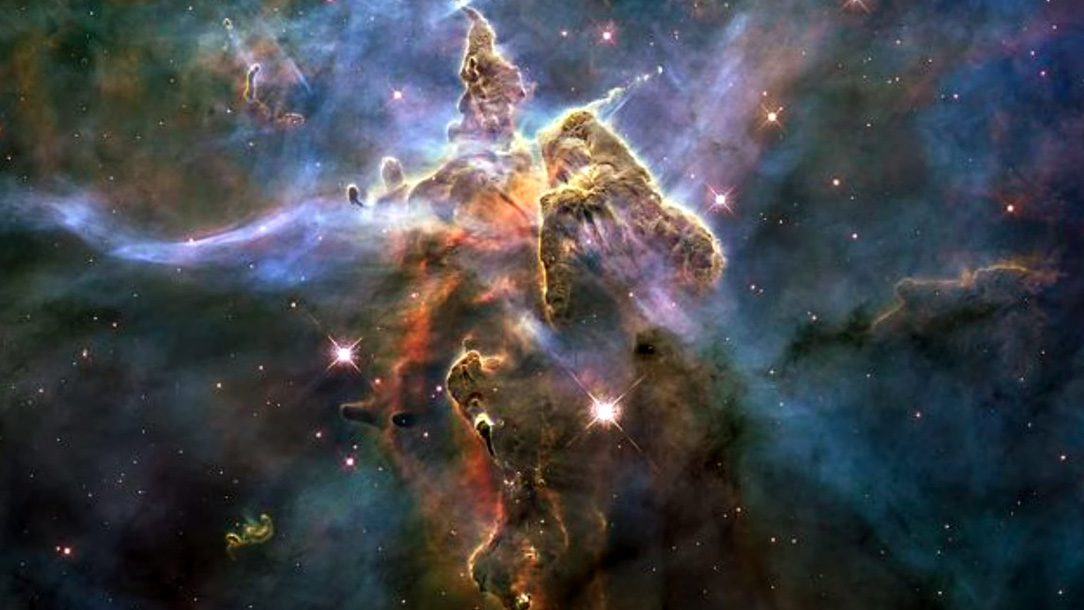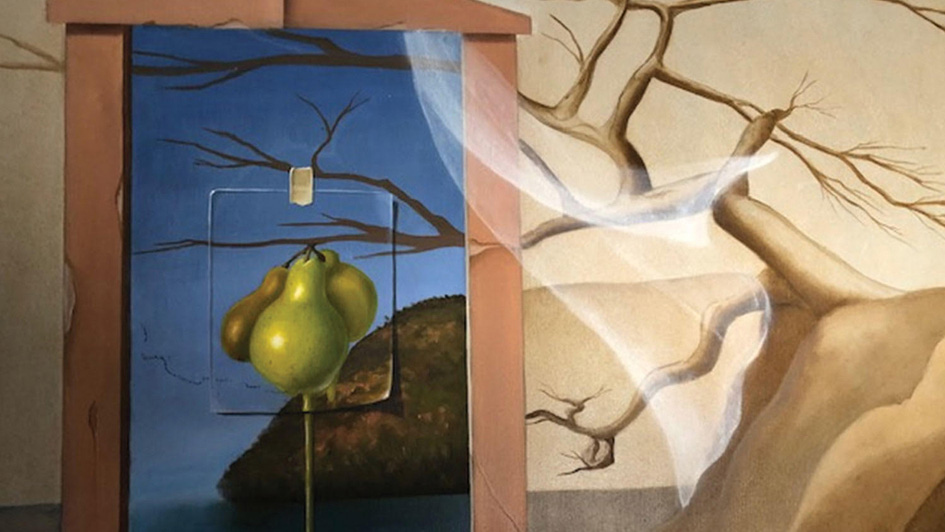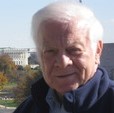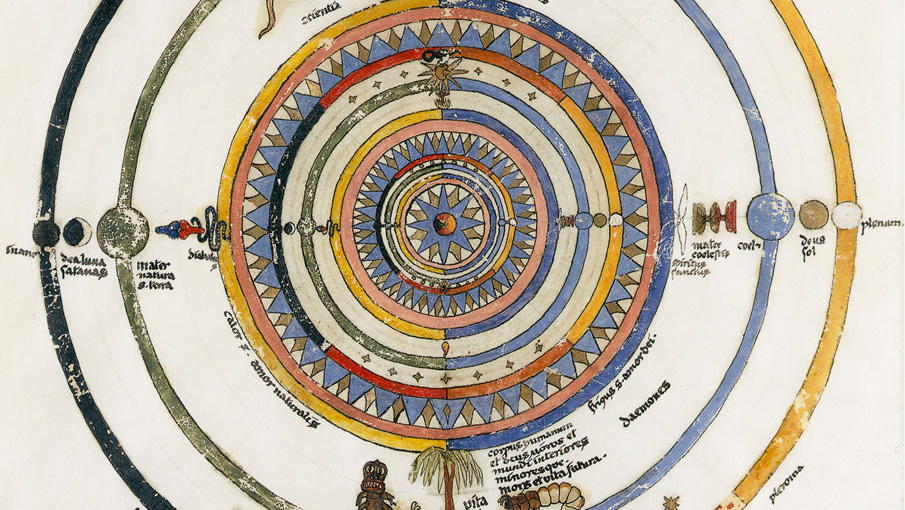As we collectively enter more deeply into the paradigm shift towards complexity marking the 21st century, some of Jung’s most advanced concepts are gaining renewed vitality and acceptance. This lecture will highlight links between individuation and synchronicity found in the Red Book which are contributing to new visions of reality. We will also explore the importance of the psychoid imagination as it is emerging in response to the recent COVID pandemic. These threads will be woven into the cultural movement towards re-enchantment of the world.
Season: Fall 2023
Re-enchantment; Synchronicity; the Psychoid Imagination
Beginning with exercises to assist in suspending everyday attachments to reductive rationality, participants will be encouraged to engage in guided imaginative encounters. These are often marked by a lived experience of wonder so natural in early childhood, but often set aside or suppressed by traditional education. Recovery of the vibrancy of experiences associated with wonder provides access and fosters expansion of eco-spiritual potentials inherent in our souls. Through open discussion amongst participants linking wonder with a wide range of synchronistic experiences, the collective wisdom of the group will be invited to explore the hidden potentials herein for healing of persons, societies, and the ecosphere.
The Trauma of Exile through a Jungian Lens
We will focus on how the trauma of political exile splits and shapes the psyche of displaced individuals, making their lives psychologically conflicted and leading to feelings of incongruity. Through the amplification of a fairy tale, dreamwork, active imagination, and the transcendent function, we will explore how Jungian psychology can assist displaced persons in fashioning a new mythic center that grounds the uncentered, culturally diverse self-states that have developed from acculturation. We will also discuss the universality of the exile complex as a human experience that often causes one to feel conflicted and displaced from family, community, and society.
The Trauma of Exile through a Jungian Lens
This workshop will explore how Jungian analysis is uniquely suited to working with the exile complex. To deepen the understanding of the exile complex, participants will be prompted to recall a personal experience with the feelings of exile (e.g., where one felt like an outsider, unmirrored, out of place), briefly journal and follow its thread, and invite the “Third” to produce a new sense or image of mythic centering (as discussed in the Lady Liberty example on Friday night). According to each person’s comfort level, participants will be invited to share and discuss this opening to Jung’s Transcendent Function.
Fear, Skepticism, Lassitude: The Recovery of an Inner Life
Resistance is always in due proportion to the anxiety generated by some invitation or challenge. Inside of each of us is continuing civil conflict, and typically our protective instincts are easily intimidated by the magnitude of the tasks life brings us. Moreover, we are often flooded with skepticism regarding our inherent resources for the trial, and an internal aversion to the struggle. These engagements, these battles of outer and inner worlds, are only resolved when we are led to a change of attitude, a riskier but more considered intent, and a consistent, daily showing up to tilt the balance between regression and progression.
What We Can Still Learn from Depth Psychology, or Need to Remember
Jung’s insights are still not grasped or fully appreciated in our time. Far from it. This presentation will explore seven ideas regarding what we can gain from an engagement with our own depths, and what tools we may employ to assist us in this exploration into ourselves.
Jung’s Relationship to Astrology
In recent years, new scholarship has been emerging demonstrating the essential role the discipline of astrology played in the development and practice of C. G. Jung’s analytical psychology. In 1911, Jung wrote a letter to Freud in which he said that his nights were occupied with the study of astrology, to which Freud responded that Jung would be “accused of mysticism.” Jung kept his practice of astrology relatively concealed, but based upon evidence in his own writings, as well as statements he made late in his life, Jung was drawing on astrological wisdom regularly for both personal use and with his patients.
Drawing on the research of Liz Greene, Keiron Le Grice, and Safron Rossi, this presentation will demonstrate the role astrology played in Jung’s analytic practice, as well as the significant ways in which he drew on astrological symbolism in the transformative process of creating The Red Book. By understanding how astrology influenced the development of Jungian psychology—and how depth psychology has subsequently shaped modern astrology—we can see how the astrological discipline can complement, enhance, and deepen the psychotherapy practiced today.
The Art of Archetypal Astrology
Depth psychology and archetypal astrology are complementary disciplines. This workshop offers a basic foundation in astrological techniques which can be applied to psychological practice, whether as a clinician or for personal inquiry. A brief history of archetypes, the symbolism of the planets and the zodiac, planetary aspects, and the procedure for calculating transits will all be taught, along with examples from art, culture, and history. This workshop may be a gateway to astrology for some, while it can also be a deepening of the archetypal perspective for those already with an astrological practice.







